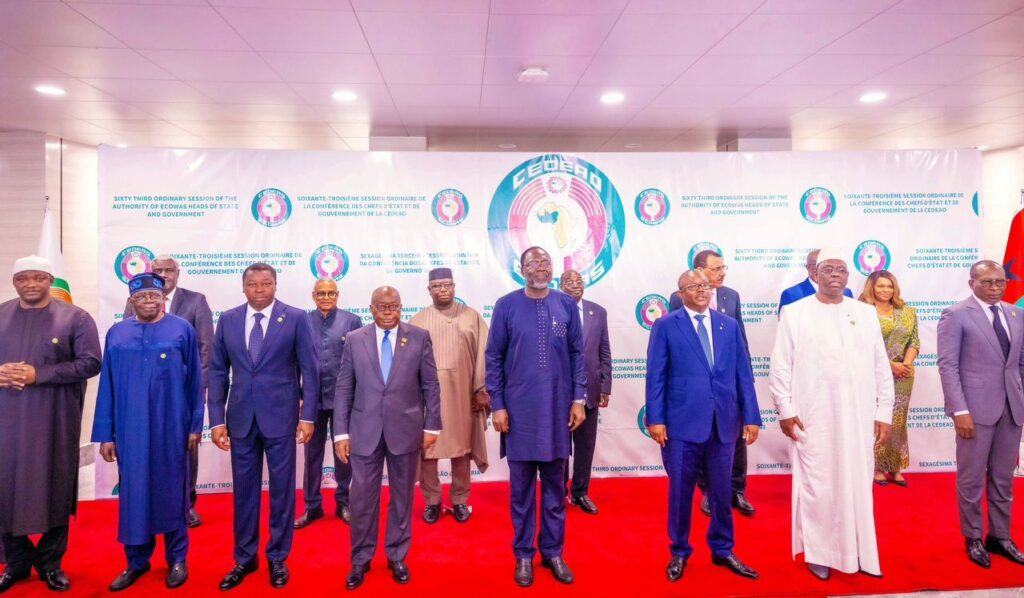THE government has revealed details of its plans to cut foreign aid, with support for children’s education and women’s health in Africa facing the biggest reductions.
The government said in February it would slash foreign aid spending by 40% – from 0.5% of gross national income to 0.3% – to increase defence spending to 2.5% after pressure from the US.
A Foreign Office report and impact assessment show the biggest cuts this year will come in Africa, with less spent on women’s health and water sanitation with increased risks, it says, of disease and death.
Aid charities have criticised the move, saying the cuts would impact the world’s most vulnerable people.
But the government said spending on multilateral aid bodies – money given to international organisations like the World Bank – would be protected, including the Gavi vaccine alliance, and it said the UK would also continue to play a key humanitarian role in hotspots such as Gaza, Ukraine and Sudan.
Baroness Chapman, minister for development, said: “Every pound must work harder for UK taxpayers and the people we help around the world and these figures show how we are starting to do just that through having a clear focus and priorities.”
The government said the cuts follow “a line-by-line strategic review of aid” by the minister, which focused on “prioritisation, efficiency, protecting planned humanitarian support and live contracts while ensuring responsible exit from programming where necessary”.
The Foreign Office said bilateral support – aid going directly to the recipient country – for some countries would decrease and multilateral organisations deemed to be underperforming would face future funding cuts. It has not yet announced which countries will be affected.
The move has been criticised by International Development Committee chair Sarah Champion, who said it appears the cuts “will come at the expense of some of the world’s most vulnerable people”.
Liberal Democrat international development spokesperson Monica Harding said slashing UK aid spending to its “lowest level this century will have an appalling impact on some of the world’s poorest and most vulnerable people”.
“This is only the beginning – we will see far deeper and crueller cuts next year when most of the reduction happens,” she warned.







